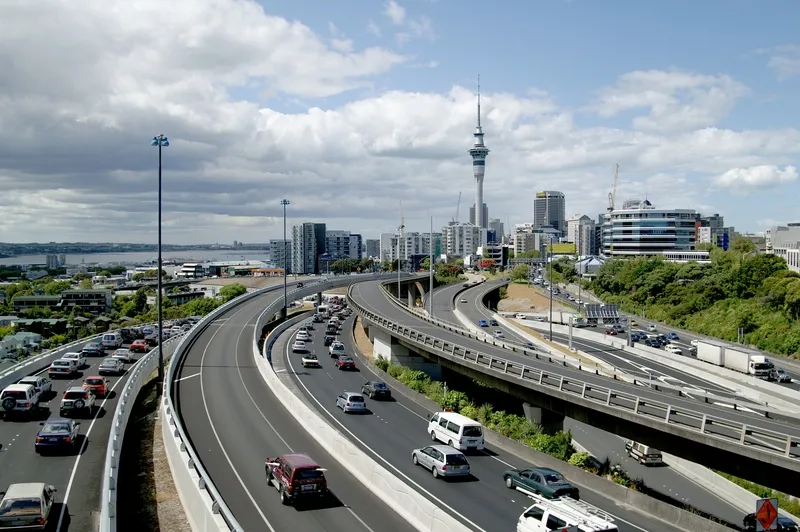The electric Ohmio Hop shuttles are self-driving, fully electric autonomous vehicles which Ohmio says can form a connected convoy, enabling them to be used as a scalable public transport solution. They have been designed to be a last mile solution, carrying people and their luggage short distances, providing the last mile connection to or from transport hubs or mass transit options
The Ohmio vehicles use self-mapping artificial intelligence, enabling them to self-drive a route without external input once they have completed it under supervision.
A range of four Ohmio models is planned for production in the next 12 months, ranging in size from small to large shuttles and freight pods, which can be customised to customer requirements.
Technology company HMI has three autonomous vehicle trials already under way in New Zealand at Christchurch International Airport and in Australia at Sydney Olympic Park and Melbourne’s La Trobe University, which the company says have generated public interest in the new technology.
Ohmio to produce self-driving vehicles in New Zealand
Ohmio Automotion has launched in New Zealand to begin production of self-driving vehicles in the country, using technology developed by Australian parent company HMI Technologies.
The electric Ohmio Hop shuttles are self-driving, fully electric autonomous vehicles which Ohmio says can form a connected convoy, enabling them to be used as a scalable public transport solution. They have been designed to be a last mile solution, carrying people and their luggage short distances, providing the last mile conn
September 12, 2017
Read time: 2 mins
Ohmio Automotion has launched in New Zealand to begin production of self-driving vehicles in the country, using technology developed by Australian parent company 8502 HMI Technologies.







